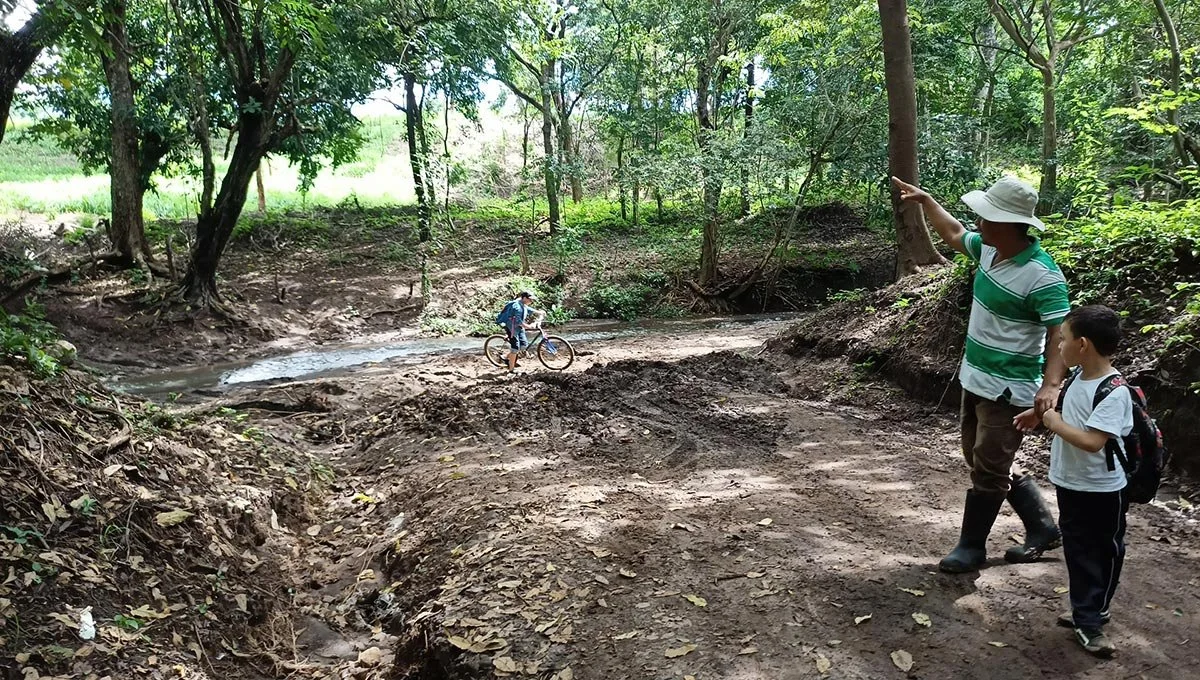Healthy Lives, Healthy Planet - Gender-Responsive Agroecology
The decades of industrial chemicals used to fertilize crops and manage pests in Nicaragua has had an ever-increasing impact on the health and lives of people who tend to those crops – both on their own plots of land or on large industrial farms – as well as the health of the crops and the soil. The high cost of purchasing these chemicals for their own use is an additional burden for peasant farmers – both women and men – and their families. At the same time these impacts are made much worse by the effects of global climate change.
For over a decade, Casa – Pueblito has been working with rural communities in different parts of Nicaragua to support them to improve their health and agricultural techniques as a means of bettering their income and wellbeing. Our partners work towards gender equality in their communities, and one of them is a women’s cooperative.
Over a year ago we began a Gender-Responsive Agroecology project in three communities in Somotillo, El Crucero, and Nandaime. Somotillo and Nandaime are in the tropical dry forest zone, while El Crucero has a mixed dry tropical forest and tropical rainforest ecosystem. We have been working with women and men farmers so they can switch to using organic and other natural techniques so they can increase their and their families’ health and wellbeing, the productivity of their crops, and the health of the crops and soil. We have supported women in particular to become leaders in their communities, and both women and men are being trained to teach these low-cost alternatives to other farmers.
Gender-Responsive means we contribute to women exercising their rights and building gender equality between women and men. Agroecology is a comprehensive approach that builds synergies between all components of the agricultural ecosystem – plants, trees, animals, soil and water – with people and supports biodiversity.
“For me, agroecology is a way of life. It’s about eradicating the use of conventional fertilizers that damage the land and the environment. As a woman, I feel it has contributed to my integral empowerment. Not only am I transforming my way of thinking but I am protecting mother earth. I am also defending the added value and price of my produce with pride because it is 100% organic/agroecological. I practice it to improve the lifestyle of families, both in my own home and in my community. We are contributing to a better economy in our communities and improving the quality of life of every family in the countryside.”
We are also supporting community seed banks and the use of community greenhouses so community members can support one another and they can contribute to increased food and nutritional sovereignty while using plants that are adapted to the climate of their respective communities.
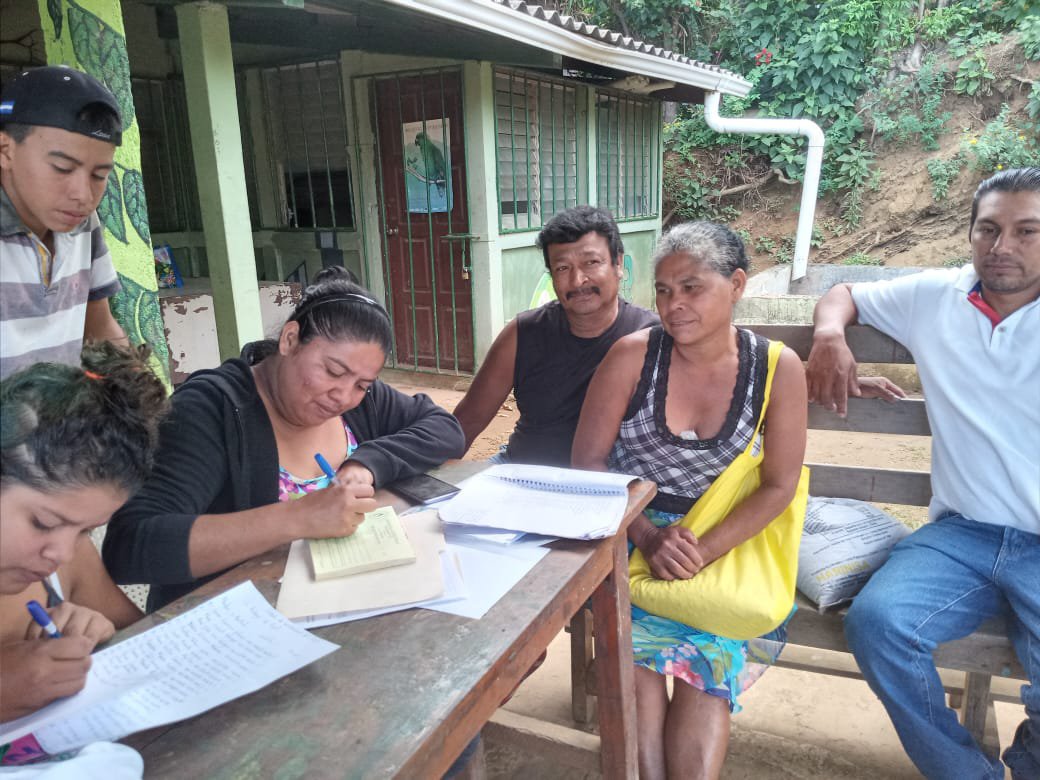
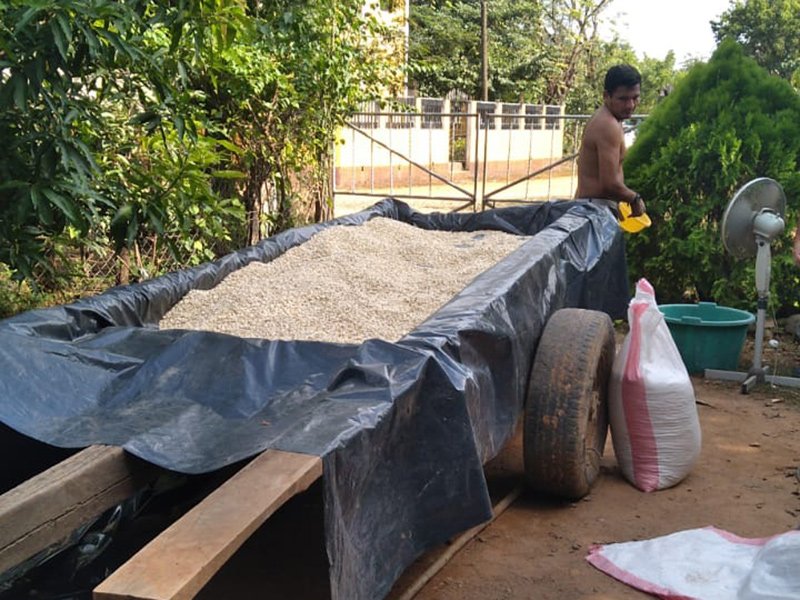
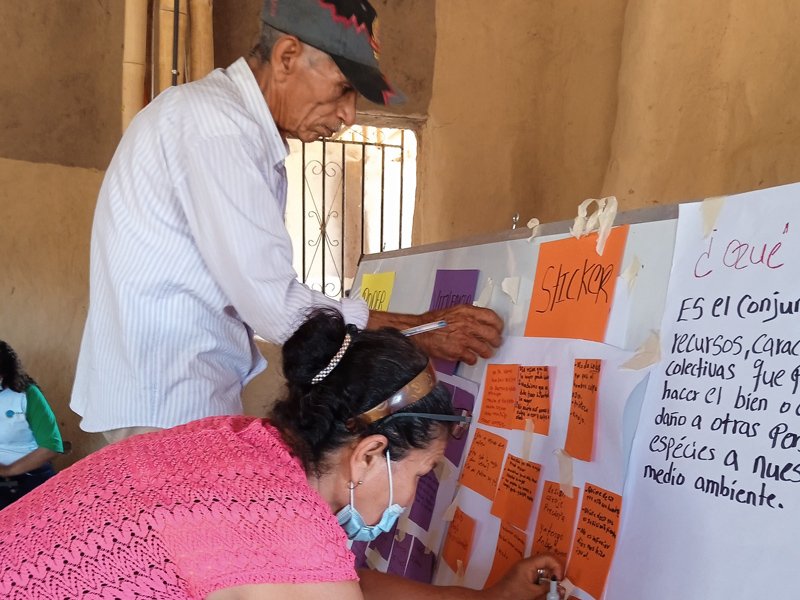
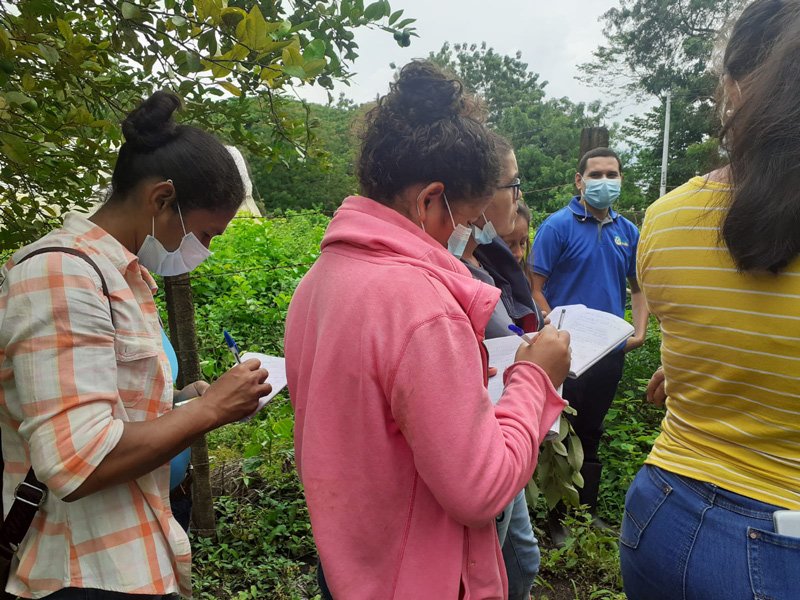
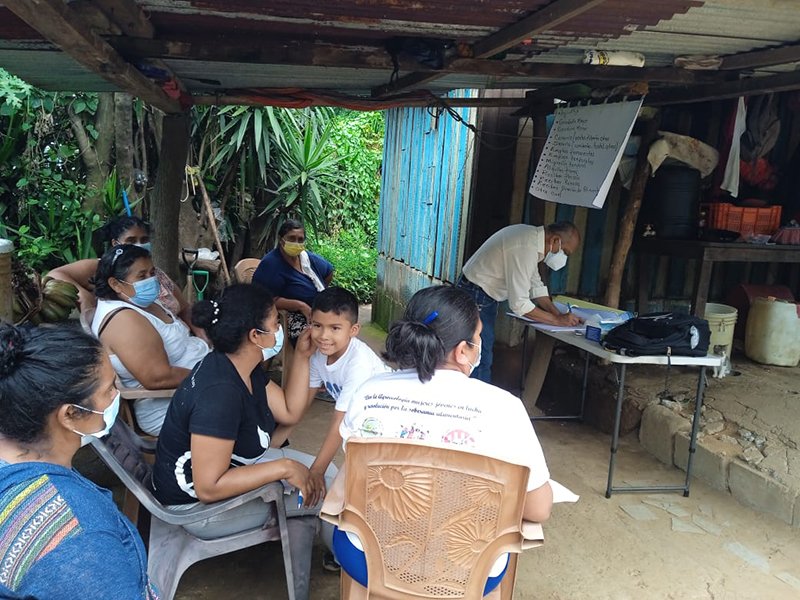
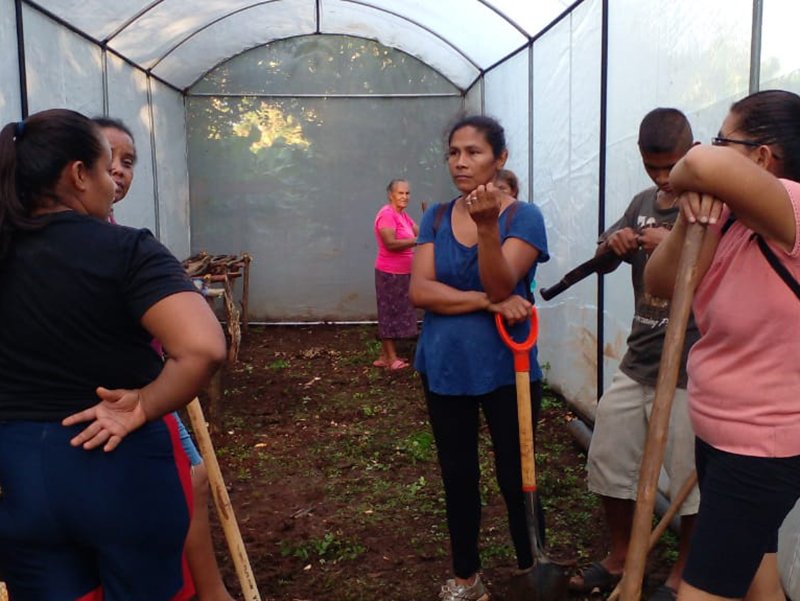
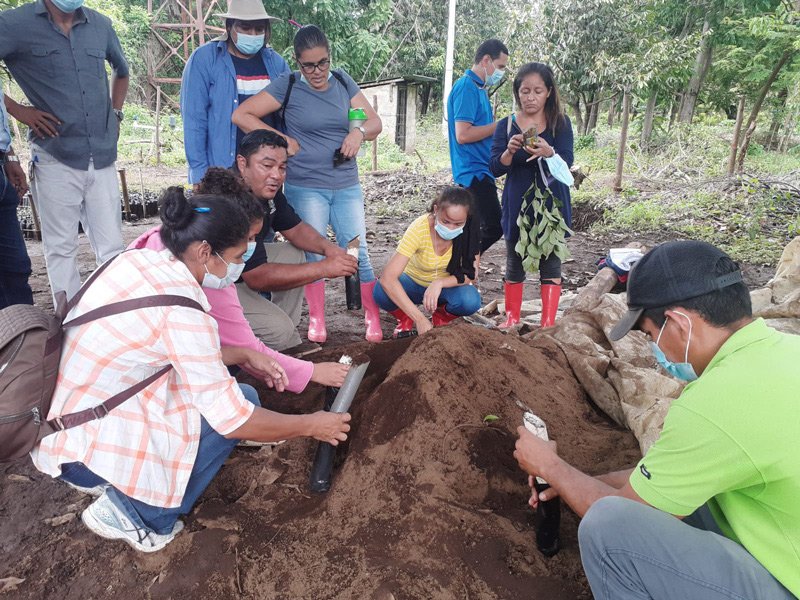
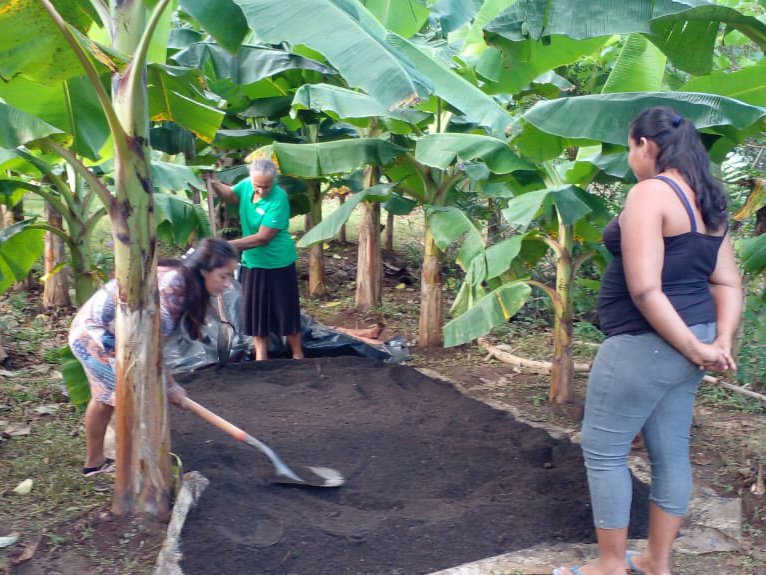
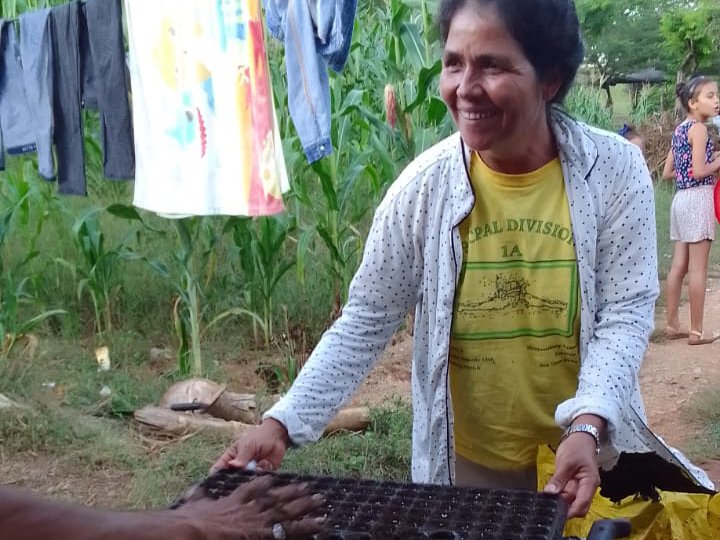
We ask you to join us in supporting the integrated health and wellbeing of women and men farmers, their families, crops and communities to live more sustainably and reduce the effects of climate change.

